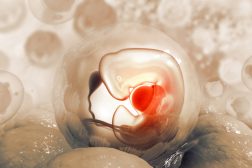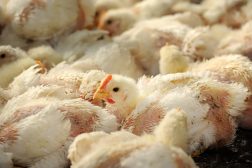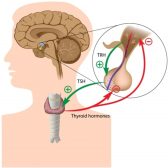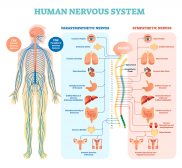Definition
noun, plural: phototrophs
An organism, typically a plant, obtaining energy from sunlight as its source of energy to convert inorganic materials into organic materials for use in cellular functions such as biosynthesis and respiration
Supplement
Phototrophs are organisms that use light energy for certain metabolic functions. They absorb photons from light to carry out cellular functions such as biosynthesis and respiration. There are two groups of phototrophs: the photoautotrophs and the photoheterotrophs although the latter are considered as members of a subgroup of heterotrophs.
In order to capture light as source of energy, photoautotrophs carry out photosynthesis, converting energy from sunlight, carbon dioxide and water into organic materials. Since they are capable of synthesizing their own food they occupy the first trophic level in the food chain. They provide nutrition for many forms of life. They are plants, algae and certain bacteria. They are also referred to as the producers.
Photoautotrohs differ from another group of light-dependent organisms called photoheterotrophs. Photoheterotrophs are organisms that depend solely on light energy as they generate ATP through photophosphorylation. These organisms do not rely on carbon dioxide as their sole carbon source. They may use organic compounds such as carbohydrates, fatty acids, and alcohols they obtain from the environment for their carbon requirements. These organisms are purple non-sulfur bacteria, green non-sulfur bacteria, and heliobacteria.
Word origin: photo– (light) + troph (nourishment)
See also:
- chemoautotroph
- photolitotrophic autotroph
Related form(s):






